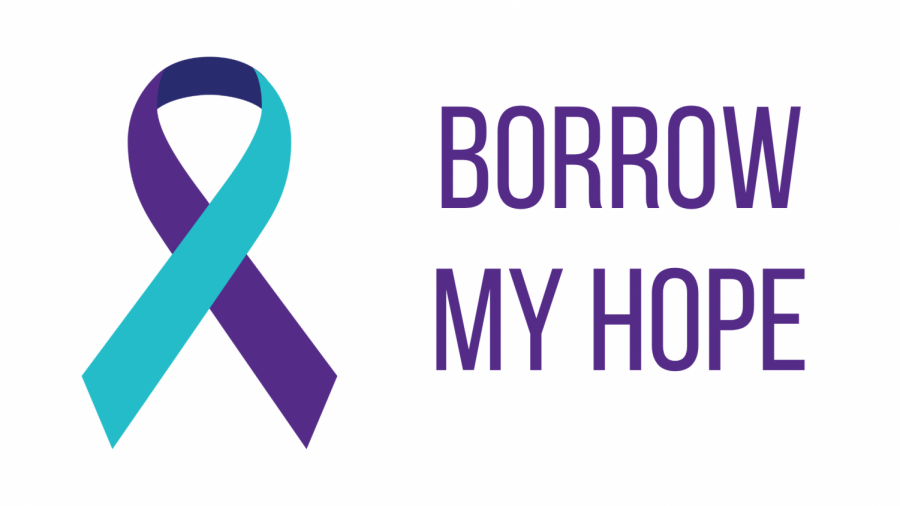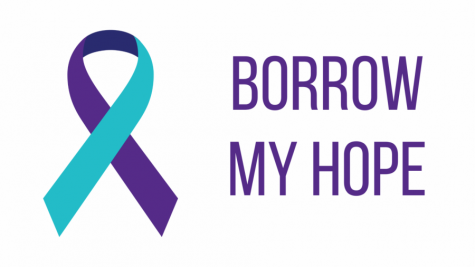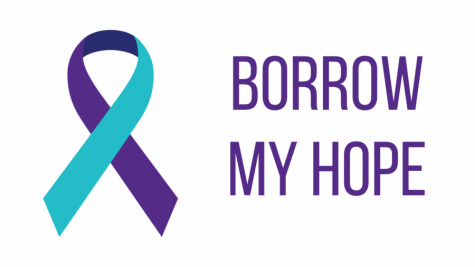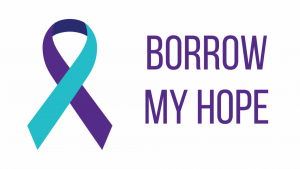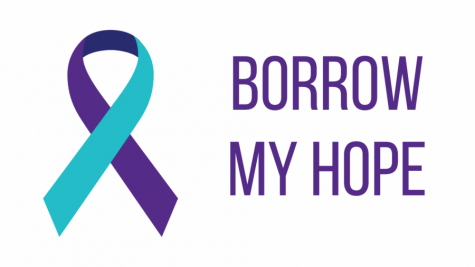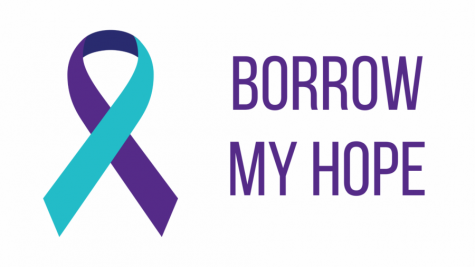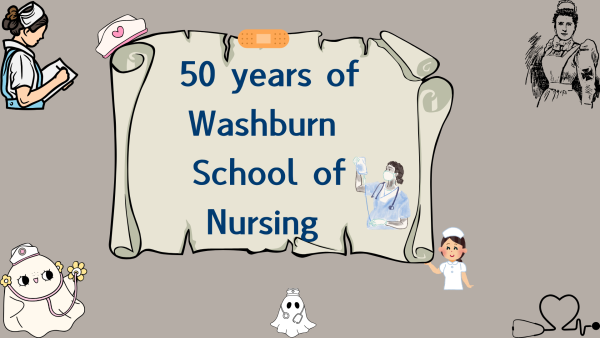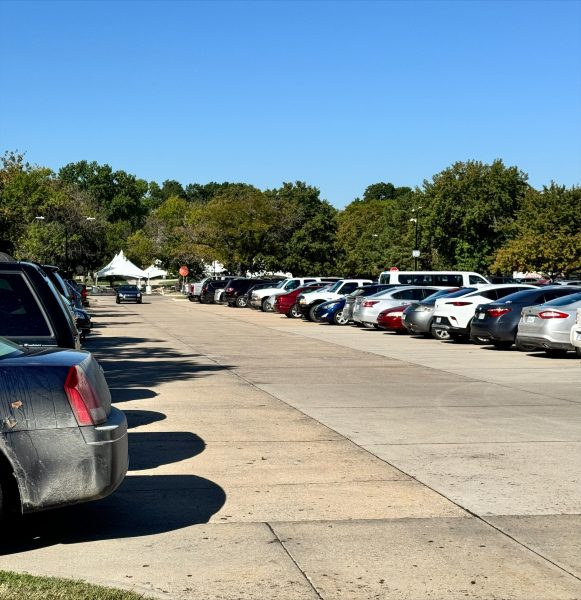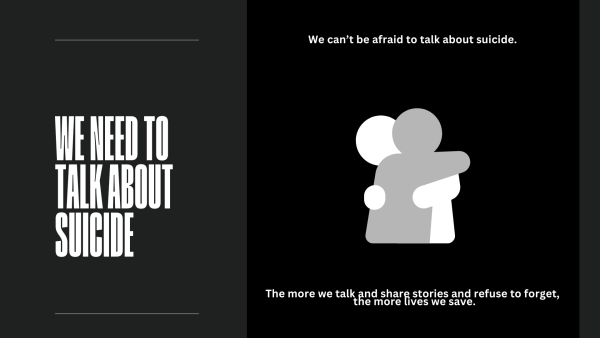Borrow my Hope: Loneliness can lead to suicidal thoughts
The teal-and-purple ribbon commemorates lives lost to suicide.
We’re connected a lot these days through social media.
At the same time, loneliness is a major problem in many countries. COVID-19 has only worsened this. According to a survey by Harvard University, 36% of Americans reported feeling serious loneliness. A term that has been floating around for the past few years is a “loneliness epidemic” that has been slamming into societies worldwide.
Even more concerning is the link between this severe loneliness and suicide. Feelings of social disconnect are associated with suicide, according to UK charity Samaritans.
Loneliness is a normal emotion to have. In fact, it’s protective. It’s a sign that we’re not getting as much social support as we would like. Considering that part of the reason humans have thrived over tens of thousands of years is our ability to make strong social connections, it makes sense that loneliness would serve as a kind of threat detecting emotion.
At the same time, unresolved loneliness can be a dangerous thing. Not having close friendships or family relationships can be damaging.
I’ve had my share of serious loneliness. It’s one of the worst feelings I’ve experienced, right up there with shame. It seems like it’s never going to end, leading to hopelessness and emptiness. You wonder if there’s something wrong with you, if you’re just destined to always feel isolated, and nothing seems like it can help.
The ironic thing is, if you’re feeling lonely right now, you’re not alone. It can feel like an isolating emotion, but—as mentioned by the stats earlier—it’s a common one to have.
Speaking as someone who has had their loneliness intensify their suicidal thoughts, I can say that if that’s the case for you, please don’t wait until it’s too late to reach out for help. Now, you might be wondering, “who am I supposed to reach out to if I’m lonely? No one cares about me.”
But as I’ve found out, there are people (and resources—more on that below) who care about you. Who will be there for you when you’re going through a mental health crisis, and when the suicidal thoughts have (hopefully) passed away, they will want to help you thrive as a person.
This post isn’t intended to solve your loneliness, but it is meant to give you the hope to know that loneliness doesn’t have to last forever, and that hope can inspire you to reach out and find support.
Note: one good resource I’ve found for feeling less alone, and one that I’ll talk about more in a future post, is 7 Cups. I highly recommend checking it out. Finding that sense of common humanity and having your emotions validated by another person can be uplifting.
Your donation will support the student journalists of Washburn University. Your contribution will allow us to purchase equipment and cover our annual website hosting costs.





